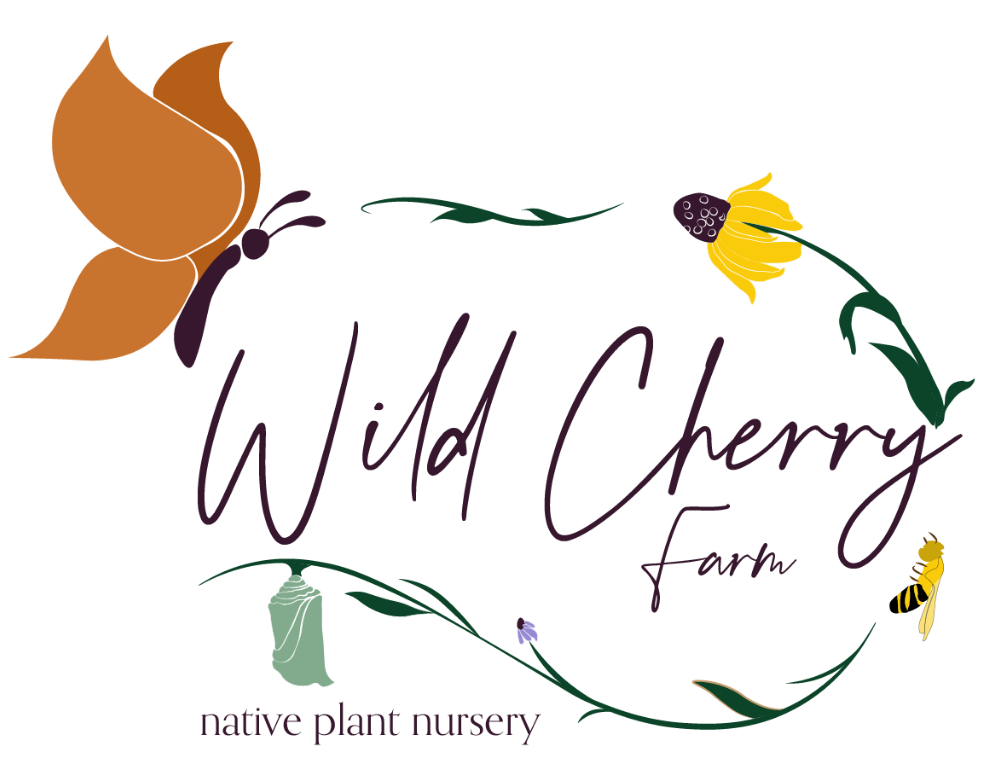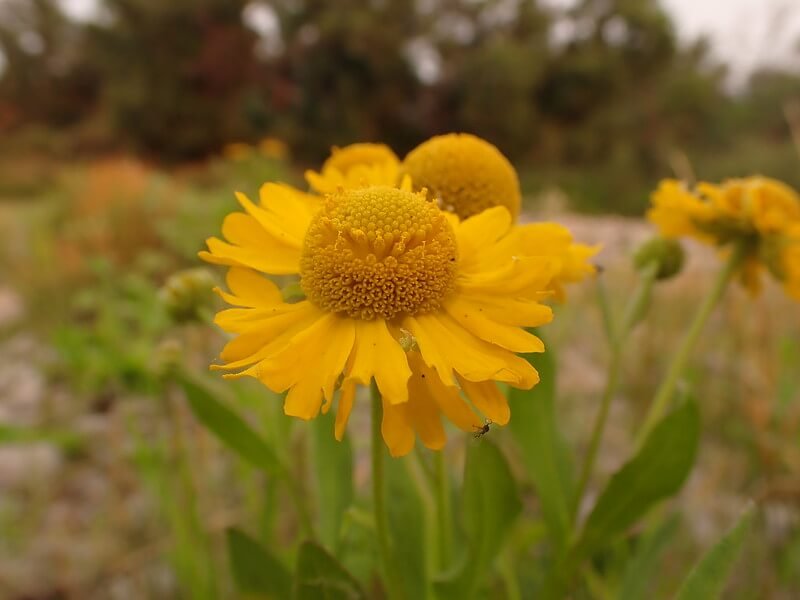Grass-Leaved Goldenrod (Euthamia graminifolia)
The small flowers of Grass-Leaved Goldenrod attract many different kinds of native bees, butterflies, and moths (illinoiswildflower.info). It is the host plant to 6 species of butterflies and moths in our area (nwf.org) and is also the host plant to 10 different specialist bees (Johnson and Colla, 2023). Grass-Leaved Goldenrod does spread by rhizomes and can be vigorous in certain situations, so choose the place your plant wisely.
The small flowers of Grass-Leaved Goldenrod attract many different kinds of native bees, butterflies, and moths (illinoiswildflower.info). It is the host plant to 6 species of butterflies and moths in our area (nwf.org) and is also the host plant to 10 different specialist bees (Johnson and Colla, 2023). Grass-Leaved Goldenrod does spread by rhizomes and can be vigorous in certain situations, so choose the place your plant wisely.
The small flowers of Grass-Leaved Goldenrod attract many different kinds of native bees, butterflies, and moths (illinoiswildflower.info). It is the host plant to 6 species of butterflies and moths in our area (nwf.org) and is also the host plant to 10 different specialist bees (Johnson and Colla, 2023). Grass-Leaved Goldenrod does spread by rhizomes and can be vigorous in certain situations, so choose the place your plant wisely.
Life Cycle: Perennial
Sun Exposure: Full-Partial, but seems to prefer full sun
Soil Moisture: Wet, Medium-wet, Medium, Medium-dry
Height: 2-4 feet
Plant Spacing:
Bloom Time: July-September
Bloom Color: Yellow
Advantages: Deer Resistant, Pollinator Favorite, Recommended, but can be vigorous
Host: 6 species of butterflies and moths use this as a caterpillar host plant in our area (nwf.org)
Specialist Bee: Andrena braccata, A. nubecula, A. hirticincta, A. placata, A. simplex, Colletes americanus, C. simulans, C. speculiferus, Perdita octomaculata, and Melissodes druriellus (Johnson and Colla, 2023).
Resource: Johnson, Lorraine, and Sheila Colla. A Northern Gardener’s Guide to Native Plants and Pollinators: Creating Habitat in the Northeast, Great Lakes, and Upper Midwest. Island Press, 2023






